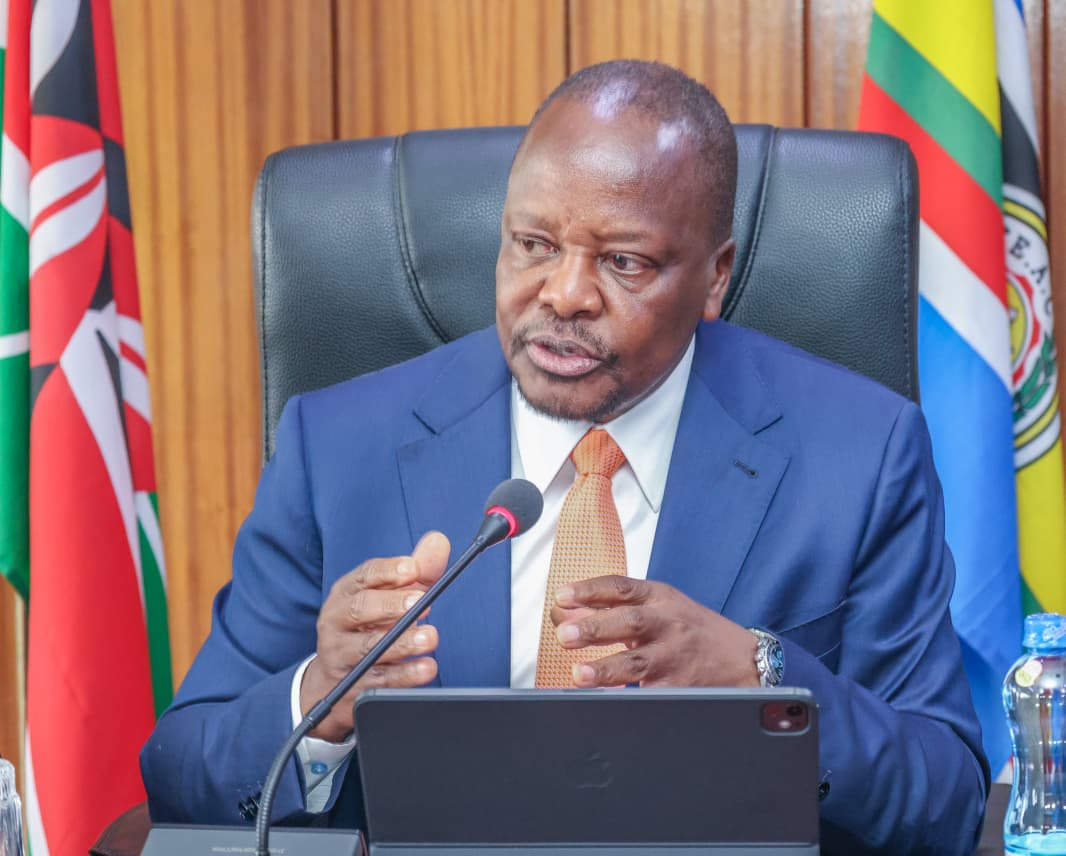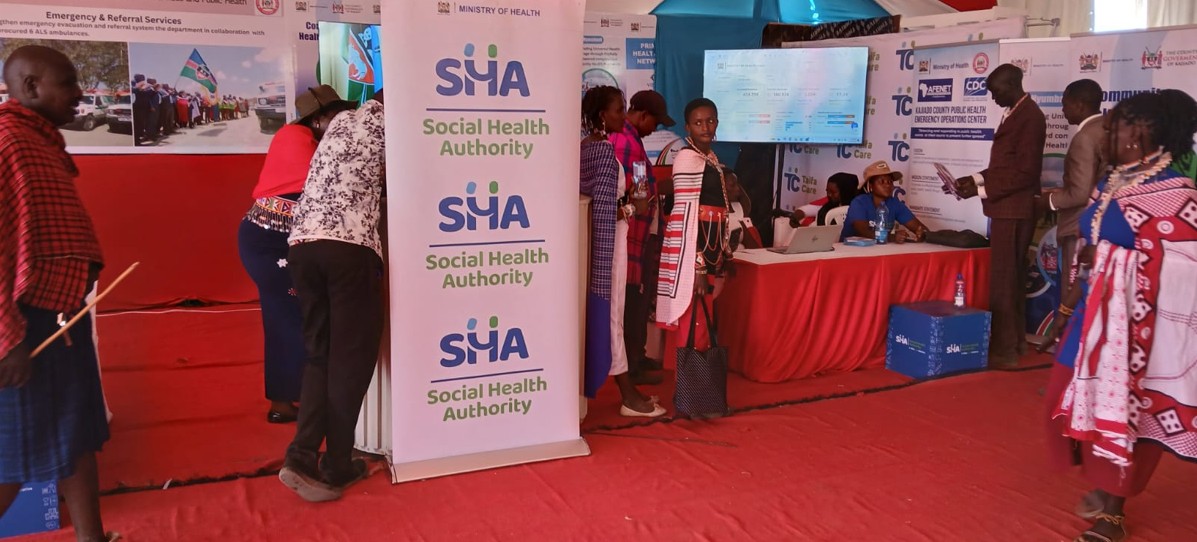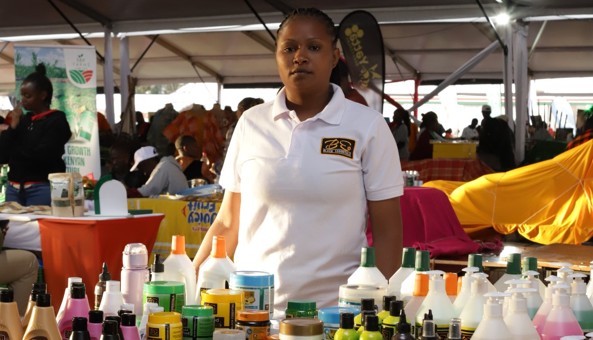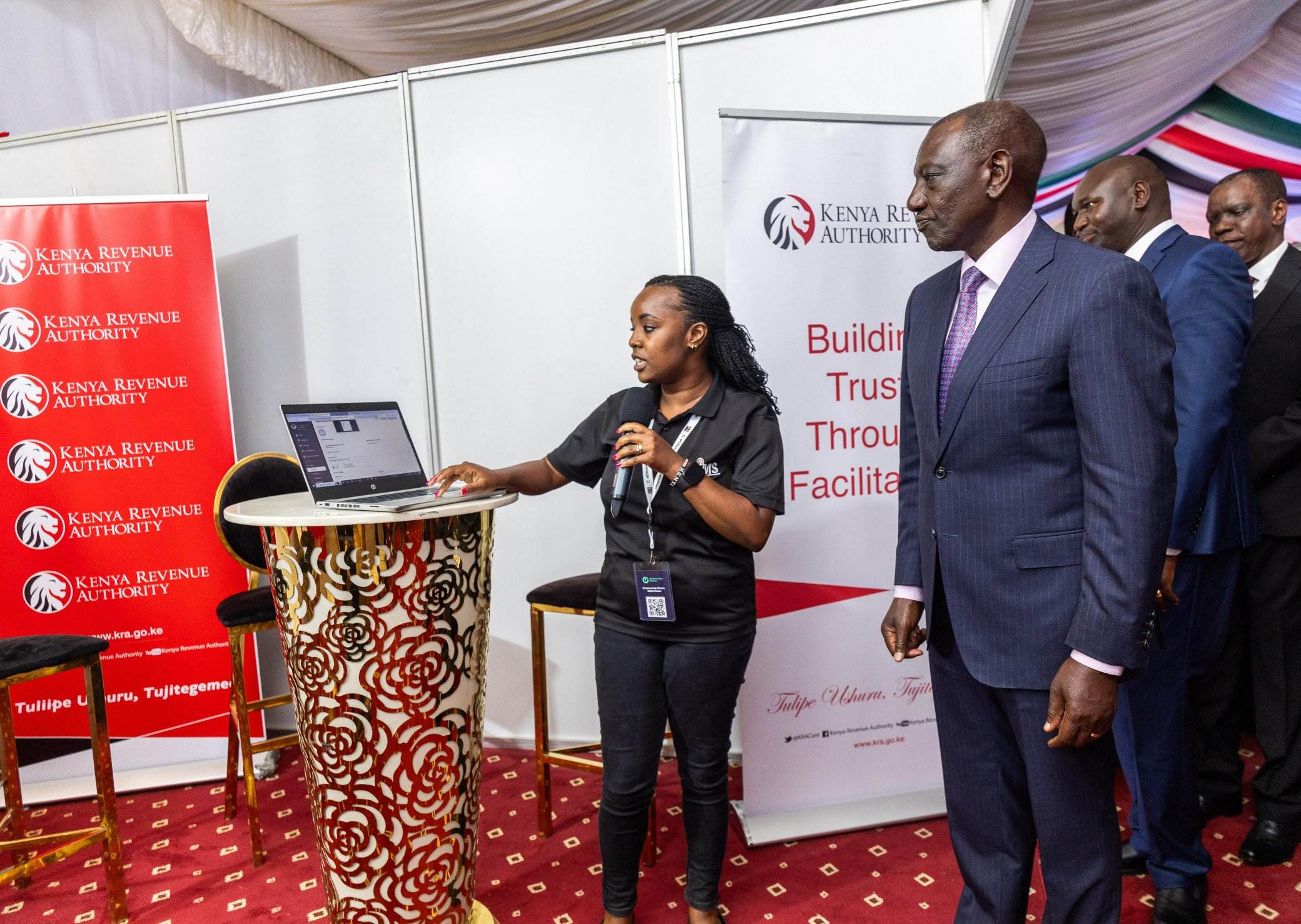Kenyan men handled majority of mobile money deals in 2024 with Sh5.3 trillion in transactions - CBK report

In 2024, men conducted 61 per cent of all mobile money deals across M-Pesa, Airtel Money, and T-Kash, leaving women with just 39 per cent of total transaction value.
Despite progress in financial inclusion, Kenyan men still lead in mobile money usage, handling the bulk of transactions while women remain on the lower end of the spectrum.
In 2024, men conducted 61 per cent of all mobile money deals across M-Pesa, Airtel Money, and T-Kash, leaving women with just 39 per cent of total transaction value. This translates to men managing transactions worth Sh5.3 trillion out of Sh8.69 trillion, while women handled Sh3.3 trillion. The figures reflect the persistent dominance of men among top earners.
More To Read
- World Bank flags Kenya's unfair mobile termination fees that hurt smaller operators
- Kenyan households drowning in debt despite financial inclusion gains
- Father, son arrested over Sh236,000 Gikomba M-Pesa fraud syndicate
- CBK proposes cap on mobile money fees to ease transfer costs
- Mobile money use in Kenya hits Sh724.8 billion monthly in 2024
- World Bank: Mobile money fuels 114 per cent surge in financial inclusion in Kenya
“Three instant payment services (IPS), including Kenya Mobile Money, provided gender-disaggregated data for 2024. Analysis of this data reveals that transactions initiated by men on these systems made up the majority of transaction volumes and values,” a Central Bank of Kenya (CBK) report notes.
“The average transaction size of women’s transactions was also lower than men’s across all three systems.”
On average, women’s transactions stood at Sh1,034.24, compared with Sh1,163.52 for men. Analysts say these patterns mirror broader income disparities in Kenya, where men continue to dominate high-paying positions in government and corporate sectors.
In 2023, 139,847 women earned over Sh100,000 monthly compared with 247,571 men, highlighting the gender imbalance in top-level employment.
The gender pay gap has remained a persistent challenge in Kenya, even decades after laws outlawed sex discrimination. Some of the country’s largest employers have faced criticism for slow progress in narrowing pay differences, partly due to fewer women taking management roles. Despite this, the number of employees earning over Sh100,000 monthly grew by 4.2 per cent in 2024, an improvement from slower growth in 2022.
“These findings highlight a gender gap in usage and present an important opportunity for IPS operators to investigate the underlying causes. By understanding these disparities, systems can be better tailored through inclusive product design to support greater adoption among women,” the report adds.
Mobile money usage has expanded rapidly in Africa, enabling transfers and payments for services such as utility bills, energy purchases, food orders and ride-hailing via mobile phones. While the gender gap in mobile money is narrowing, it remains pronounced in other financial services, including banking, insurance and pensions.
According to the 2024 FinAccess Survey, the gender gap in financial services use is narrowing, particularly in mobile money, where the difference dropped to 1.8 per cent in 2024 from 5.2 per cent in 2021. Despite this progress, significant gaps remain in banking, insurance, and pension services, highlighting structural barriers that require targeted policies and programs.
The CBK report also notes that mobile money data provides an important tool for understanding gender disparities in financial behaviour and can guide the development of more inclusive products to increase adoption among women.
Top Stories Today












































